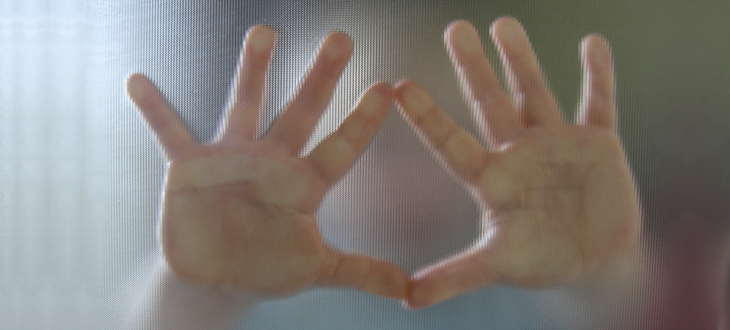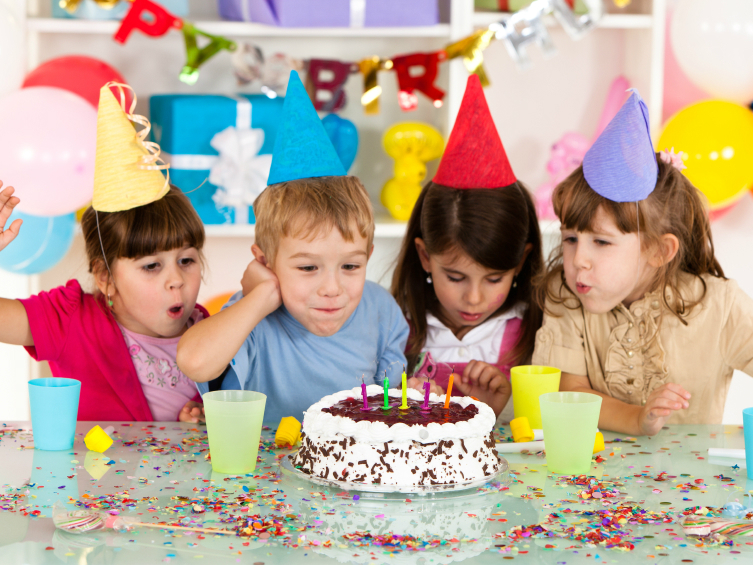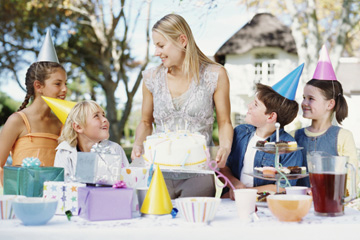Being Parents
Parenting Mistakes That Could Harm a Child’s Well-Being
Being a parent can be a really tough job. Not only must they lead their children to adulthood, they also need to act as their guardians to keep them safe from mental and physical harm. The balance between these two can be quite difficult to achieve, and even with the best intentions, it’s still possible to commit mistakes that could negatively impact the well-being and growth of your children. By being aware of these pitfalls, however, you can hopefully avoid committing them and keep your children safe from its long-term harm.

1. Imposing Your Will on Them
As a determined parent, it’s only natural that you want your children to follow in your footsteps. There might be some unhealthy psychological reasons behind this, however, such living vicariously through their actions or controlling them. Either way, it’s crucial to ensure that you don’t rashly impose your will on your children, as this could cause them to take on a path that leads to discontent or failure. Instead, simply offer them an objective advice when they need one and refrain from influencing their decisions.
2. Stopping Them From Taking Risks
Learning how to take calculated risks is an important part of adulthood, and keeping your child from learning such a crucial life lesson could negatively impact his or her well-being later on. It may be your duty to protect the mental and physical well-being of your child, but do consider balancing your approach if you’re to achieve your parenting goal. Understand that children need to take on risks to build independence and develop their maturity.

3. Letting Guilt Interfere With Your Parenting
Other than fear, guilt is another factor that prevents effective parenting. This is especially true for first-time parents who don’t want to disappoint or upset their kids even in situations where their demands are not in their best interest. Such mistake is evident on a spoiled child who has a high sense of entitlement, which breeds traits like selfishness and arrogance later in life. So as early as possible, avoid yielding into such an irrational sense of guilt whenever you can’t give or follow what your child wants.
4. Rescuing Them Too Quickly
Another parenting mistake that could negatively impact your child’s well-being is rescuing them too quickly from their problems. While it may help in immediately resolving their issues, over-indulging your kids with your assistance will prevent them from navigating through the hardships and solving problems on their own. Your child will likely get used to having someone rescue them from their troubles, and that will keep them from becoming competent and independent adults later on.

While it’s a parent’s duty to help and protect their children, it’d be best to avoid committing any of these mistakes to help your kids foster their well-being and develop independence.
Kid’s Birthday Party Etiquette—For Parents
Kids are overjoyed and excited when they’re invited to birthday parties, which is particularly opposite to how parents feel. You know your children love parties, because of the food, the sweets, the entertainment and the company of other kids.

However, when you think of attending a birthday party, you ask yourself some questions: Do I just drop my child off or should I stay during the party? Should I bring the other siblings? What gift should I bring? To help you answer those questions, here’s how to handle your child’s next birthday party invitation.
- RSVP-ing to the invite
By far, this is the most common complaint of celebrants’ parents. A simple text or call informing whether your kid can come or not to the party is a courteous gesture that will help the host prepare for the event. And if in case a celebrant’s friend won’t be able to make it, the parents can inform their child ahead of time so he won’t expect for that friend to come.
- Bringing other siblings
We know it’s hard to make one child stay at home with a babysitter, while you’re out taking the other to a birthday party. However, instead of showing up with extra siblings, ask if you can bring the invited kid’s sisters and brothers. Chances are, the host will say ‘Sure, no problem,’ but they wouldn’t like to be surprised.

- Staying at or leaving the party
Most birthday parties with older kids, parents are encouraged to just drop their child off. If the host made it clear that it’s a ‘drop-off’ birthday party, there’s no need for you to linger around. On the other hand, if it’s a party for younger children and parents are required to stay, it would be rude to just drop your child off and leave the babysitting to the hosts.
- Sharing info to the uninvited
Parents should make it clear to their kids to keep the invitation discreet, or simply do not inform them until the day of the party. This is especially necessary with school-aged kids, since the entire class may not be invited to the event.
- If leaving early…
Sometimes, your kid’s demeanour could mean an early exit. If your child seems clingy, anxious or is about to throw a tantrum during the party, this may be a sign that he’s overwhelmed by the occasion. Try stepping out of the party for a few minutes to let your kid regroup and calm down. If the quick break didn’t cut it, no one will get offended if you need to go home early as long as you let the hosts know you’re leaving.
Birthday parties are fun experiences for kids, and it shouldn’t be burdensome to the parents as well. Keep these tips in mind the next time your kid is invited in one. And oh, don’t forget to bring something for the celebrant.

